
Agricultural pesticides and Parkinson's Disease: current screening procedures
Parkinson's disease, what are its symptoms? What role do environmental toxins play in its development? And why should we be critical on current toxin research methods?

The effect of environmental levels of lead on zebrafish development
Lead exposure has a negative influence on the developing brain and body. Zebrafish research allows us to understand the effects of lead poisoning on the different stages of life.

Breathe easy, a novel approach to monitoring respiratory activity in zebrafish
Researchers from the University of Heidelberg used DanioScope in a novel way to objectively measure breathing in zebrafish embryos and larvae.

Using zebrafish as an early warning system of neurotoxic substances
How can we use a zebrafish (Danio rerio) embryo model to detect possible neurotoxic chemical mixtures that are difficult to detect with normal chemical analyses?
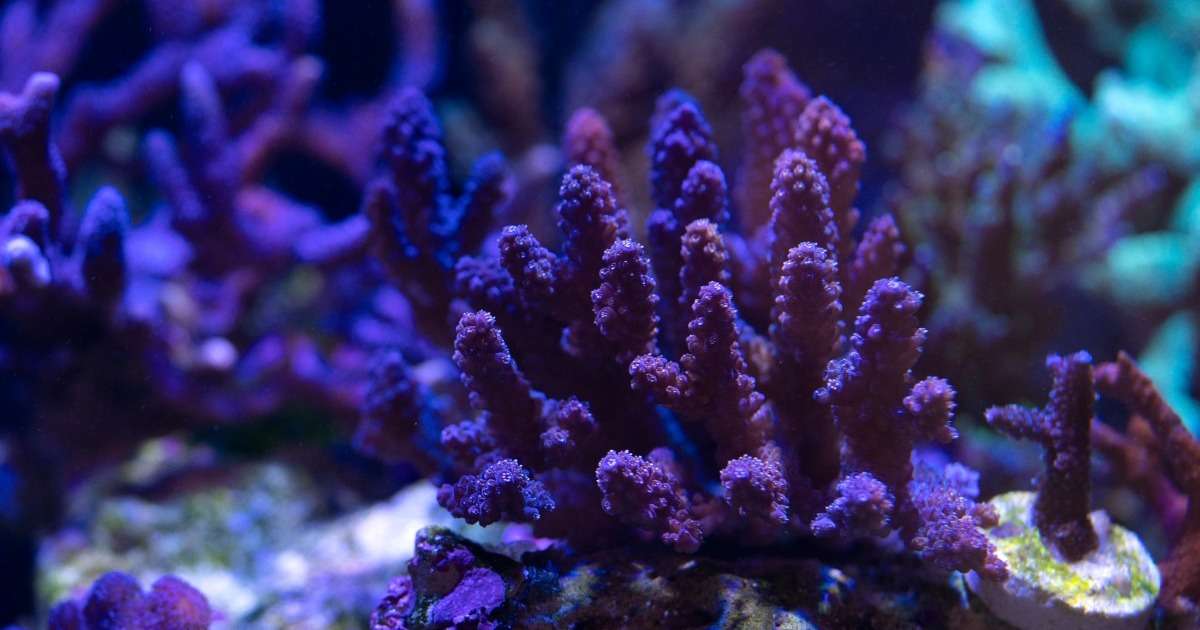
Measuring behavior of coral larvae in response to antifouling coatings
What effect do ship hull coatings have on coral viability and restoration? And how can non-toxic alternatives effect mobility behavior in coral larvae?
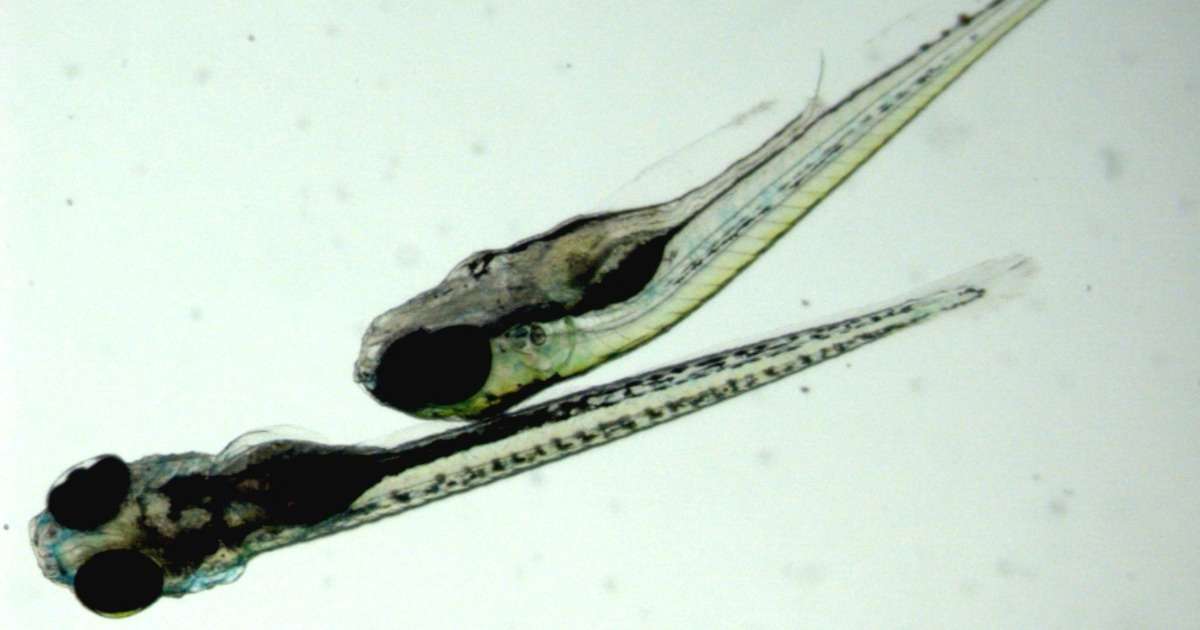
Behavioral neuroscience in the circular economy: the contribution of Zebrafish
What do Zebrafish and sewage sludge have in common? In this blog their use as a screening tool is highlighted to asses the ecotoxicity in soil.

Citizen science in research: studying contaminated drinking water with zebrafish
Local residents, students and scientists joined forces to investigate harmful contaminants in drinking water wells in New England. Behavioral effects of these contaminants were studied in zebrafish.
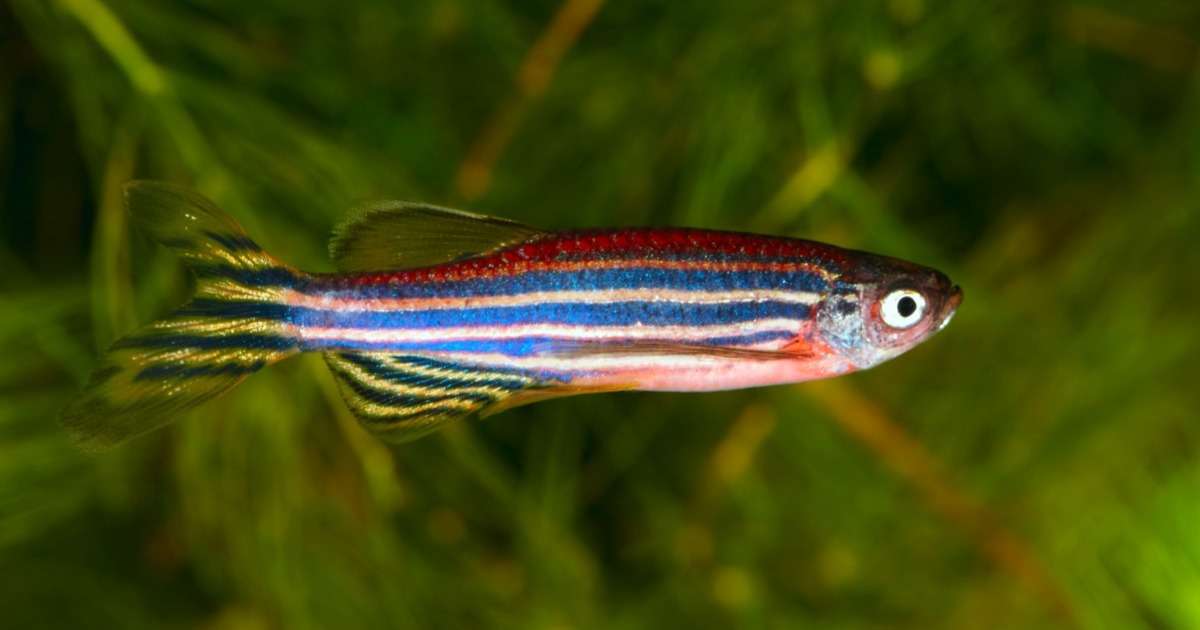
Toxicometabolism and behavior of zebrafish exposed to cannabinol
THC and CBD are well-know compounds of cannabis (Cannabis sativa), use for recreational purposes or health benefits. We have less knowledge of the effects of another active compound: CBN.
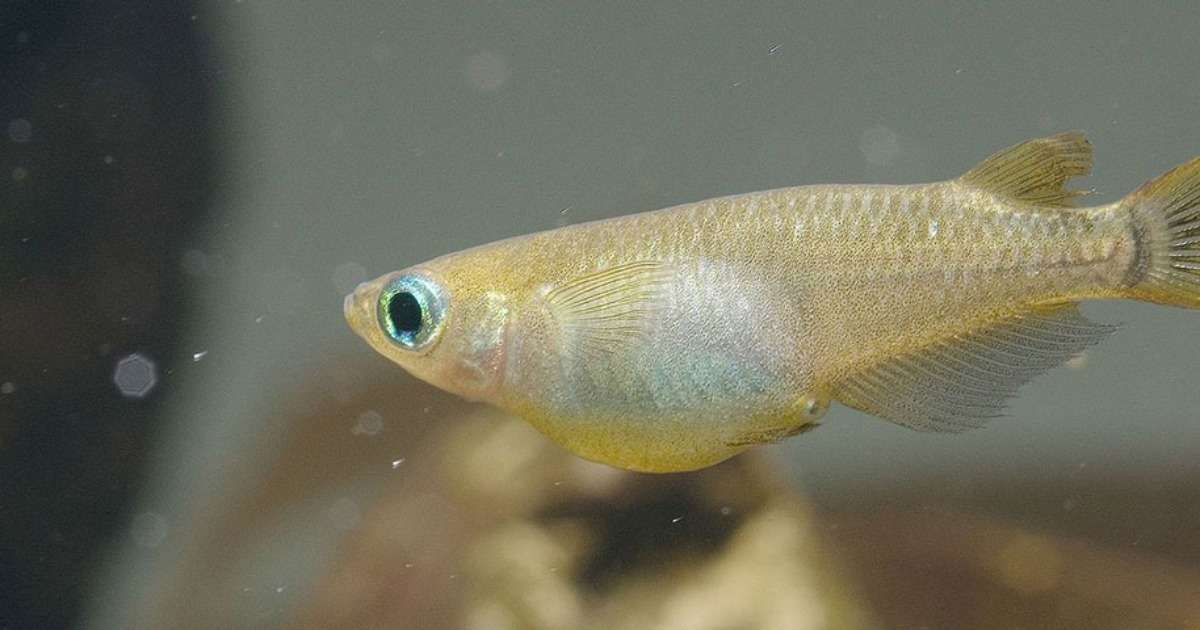
A new fish on the block: Japanese medaka in toxicology studies
We are all very familiar with zebrafish as a model species in neuroscience research. Today, let's talk about another fish, the Japanese medaka.
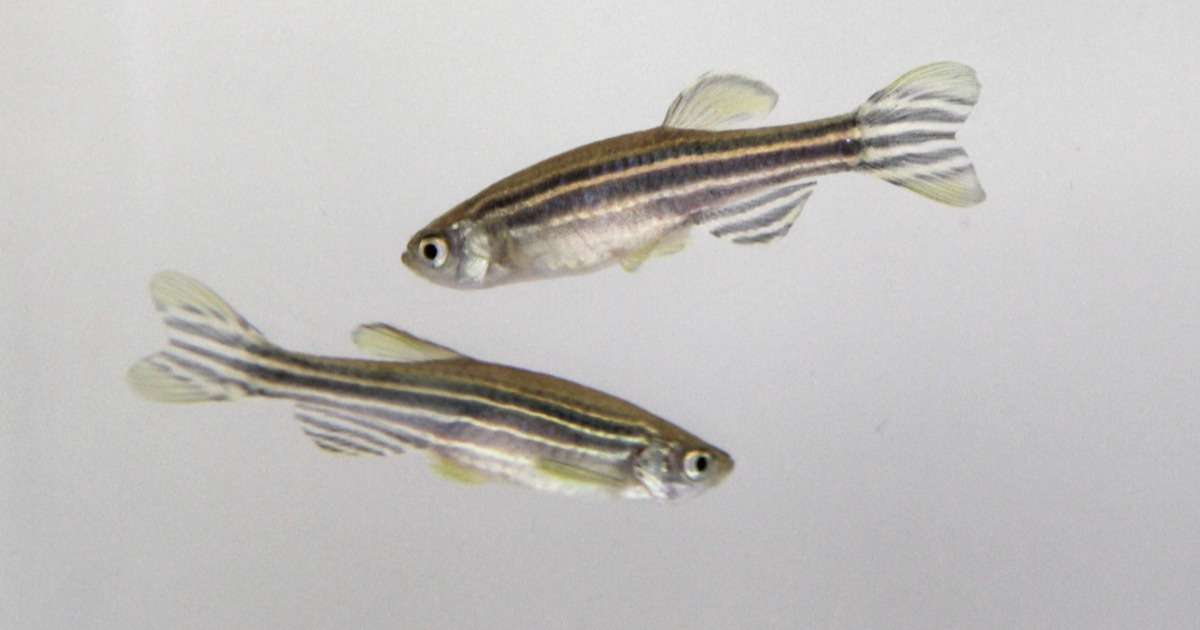
Testing PCBs toxicity - behavior in zebrafish and their offspring
PCBs are synthetic molecules that were used in transformers, electric motors, and more applications. It was quickly discovered that these molecules are toxic, and subsequently, they were banned.
